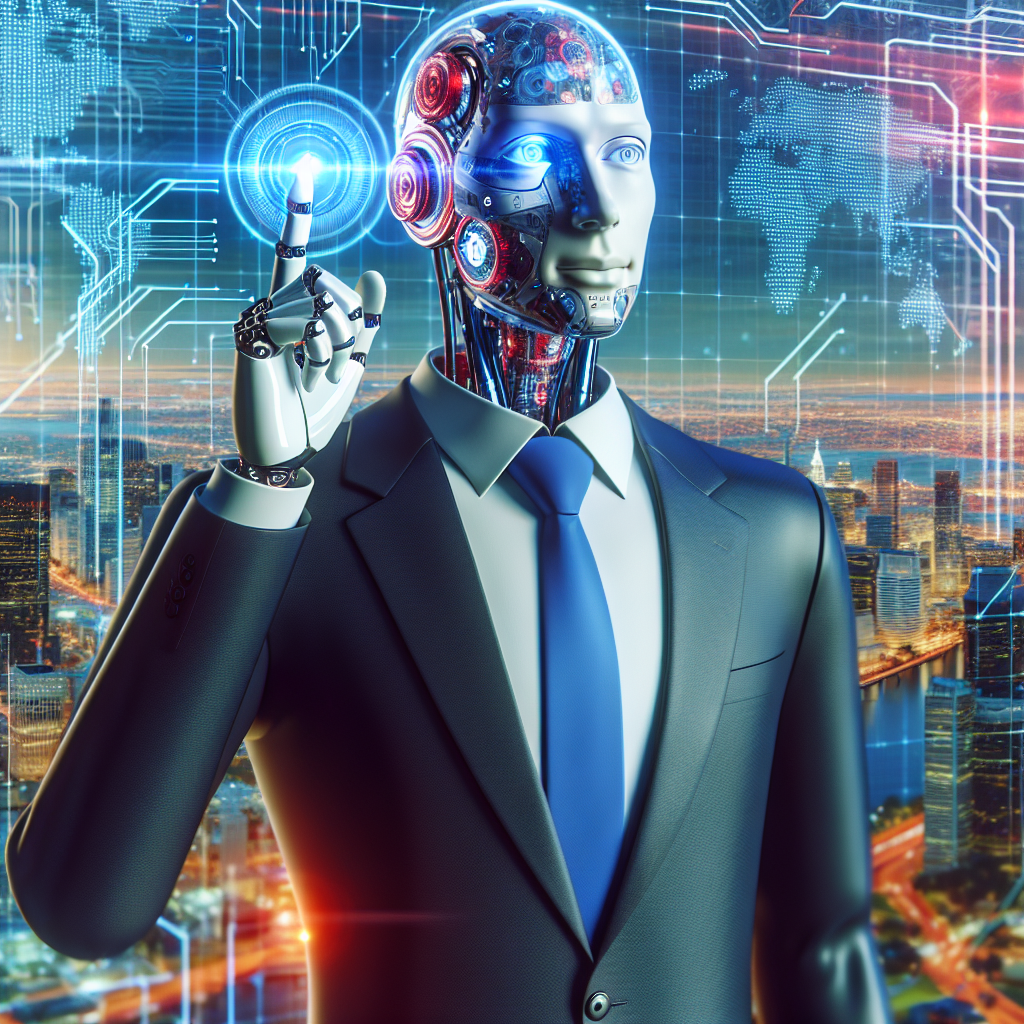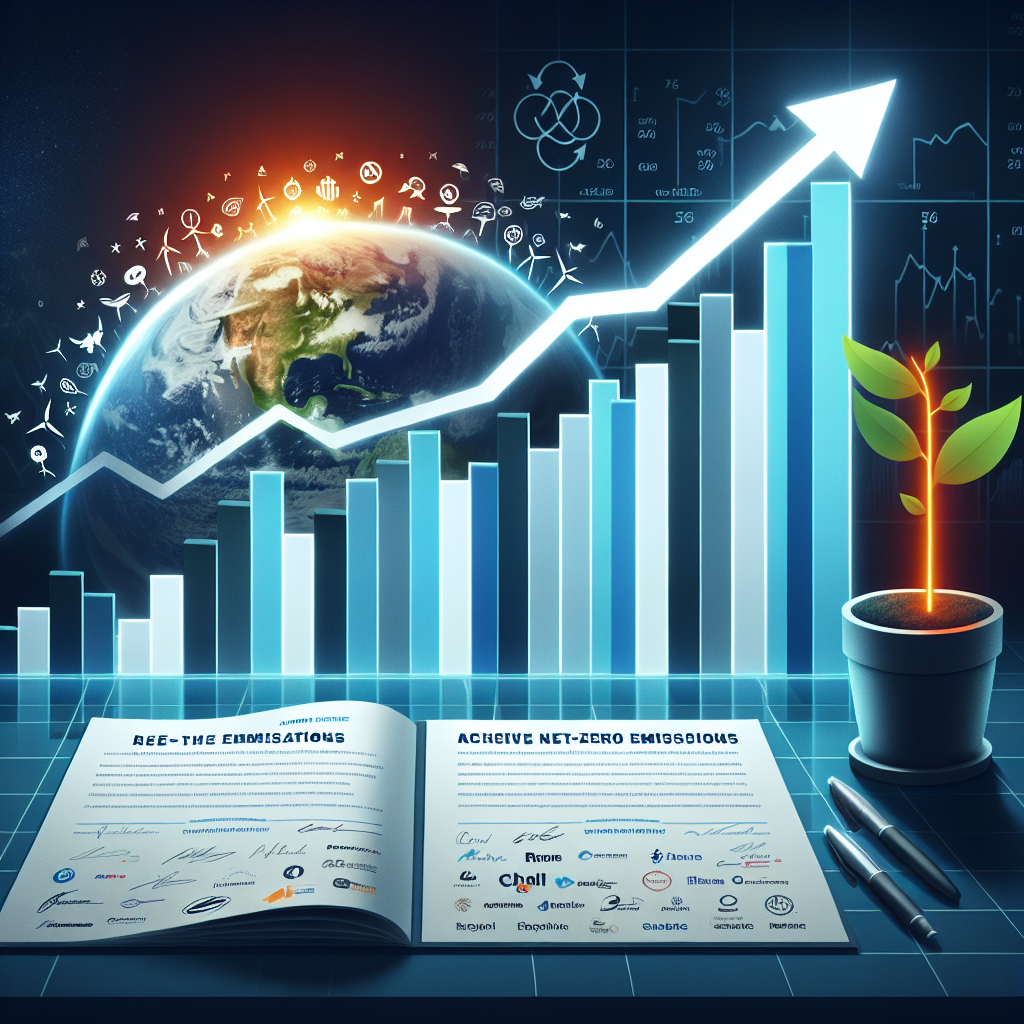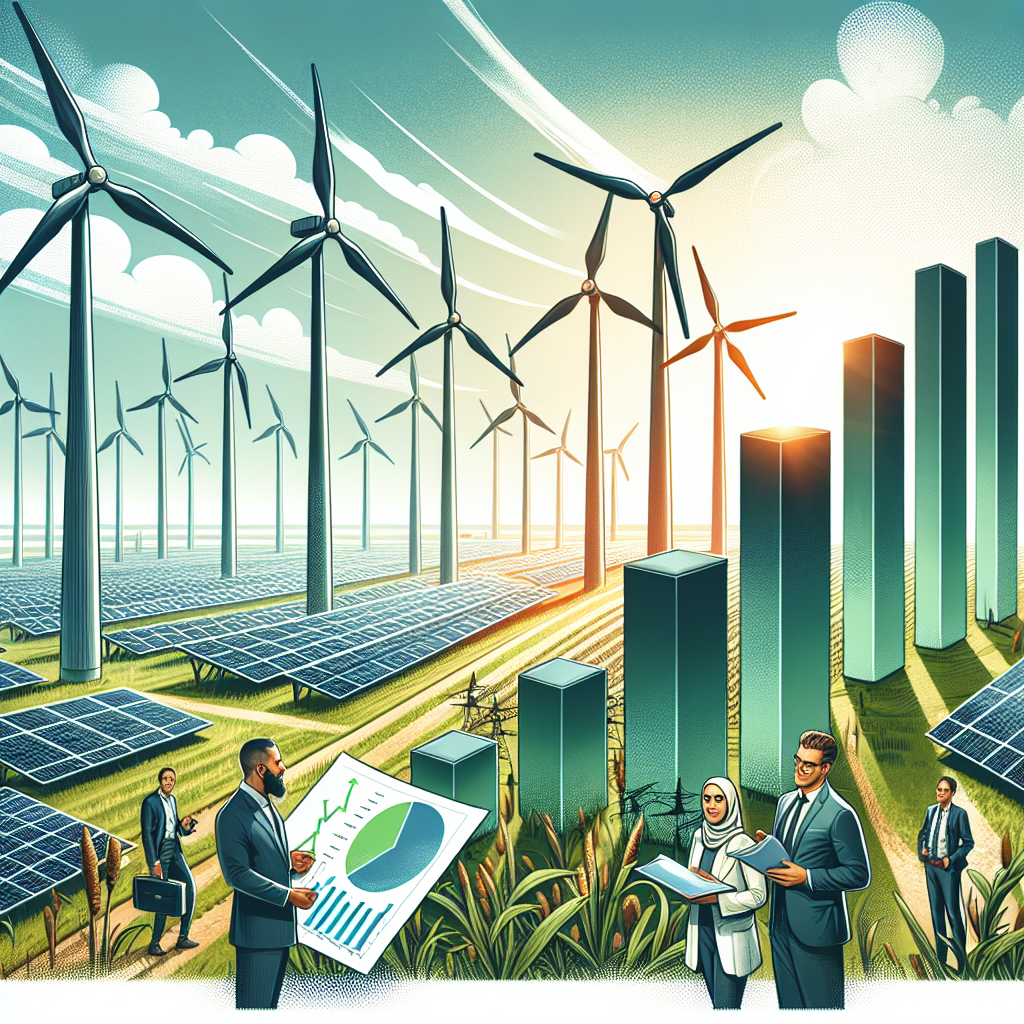The Impact of AI on Job Automation and Universal Basic Income
Elon Musk, the visionary entrepreneur and CEO of Tesla and SpaceX, has long been vocal about his concerns regarding the rise of artificial intelligence (AI) and its potential impact on the job market. In a recent interview, Musk expressed his belief that AI will eventually replace all human jobs, leading to the need for a “universal high income” to support those who are displaced.
Musk’s prediction may seem far-fetched to some, but it is not without merit. Over the past few decades, we have witnessed significant advancements in AI technology, with machines becoming increasingly capable of performing tasks that were once exclusive to humans. From self-driving cars to automated customer service agents, AI has already begun to reshape various industries.
The rapid pace of AI development has raised concerns about the future of employment. As machines become more intelligent and efficient, there is a growing fear that they will render many human jobs obsolete. This has led to a debate about the need for a universal basic income (UBI) – a system in which every citizen is guaranteed a certain amount of money to cover their basic needs, regardless of their employment status.
Proponents of UBI argue that it is a necessary response to the potential job losses caused by AI automation. They believe that as machines take over repetitive and mundane tasks, humans will be freed up to pursue more creative and fulfilling endeavors. UBI would provide a safety net, ensuring that individuals have the means to support themselves and their families during this transition.
Critics, on the other hand, raise concerns about the feasibility and sustainability of UBI. They argue that providing a universal income to every citizen would be an enormous financial burden on governments and could disincentivize work. Additionally, they question whether UBI would truly address the underlying issues of job displacement and income inequality.
While the debate over UBI continues, it is clear that AI automation is already having a significant impact on the job market. According to a report by McKinsey Global Institute, up to 800 million jobs could be lost to automation by 2030. This represents around one-fifth of the global workforce. The report also highlights that the effects of automation will be felt across various industries, from manufacturing to healthcare and finance.
However, it is important to note that AI automation is not solely a threat to employment. It also presents opportunities for new job creation and economic growth. As machines take over routine tasks, humans can focus on more complex and creative work. This shift could lead to the emergence of new industries and job roles that we cannot yet imagine.
To prepare for the future of work in the age of AI, policymakers, businesses, and individuals must adapt and embrace lifelong learning. The skills required in the job market are evolving rapidly, and it is crucial to invest in education and training programs that equip individuals with the necessary skills to thrive in a technology-driven world.
In conclusion, Elon Musk’s prediction that AI will replace all human jobs and necessitate a universal high income may seem radical, but it reflects the growing concerns about the impact of AI automation on employment. While the debate over UBI continues, it is clear that AI automation will reshape the job market and require individuals and societies to adapt. By embracing lifelong learning and investing in the skills of the future, we can navigate the challenges and opportunities presented by AI automation and ensure a prosperous future for all.



